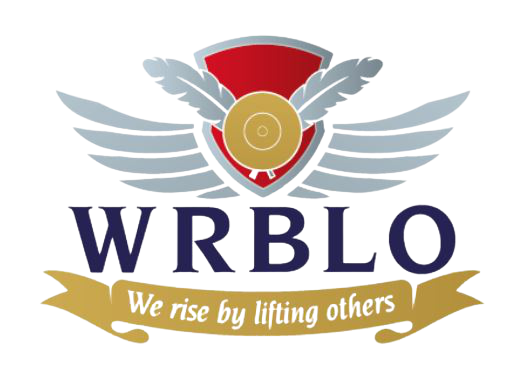The HLC Mission
The Hybrid Learning Centres (HLCs) aim to provide an Africa-centric curriculum focused on education for the very poor, orphans, and children in need. From toddlers to mature students, the HLC will help children to focus on exploring what “their Passions/Interests” are, helping them to figure out what they are good at and what they are not, enabling them to choose things they like and refuse things that you don’t, from an informed perspective of reading to expand their database of knowledge, to broaden their thinking and understanding, and also their vision about what the world is, where they would like to fit in.
Academic Studies
Academic studies are the bedrock of the HLC, encompassing a wide range of disciplines focused on knowledge acquisition and intellectual development, primarily within the context of formal education, which involves in-depth study, research, and analysis of specific subjects, culminating in degrees or other certifications.
Digital Studies:
Using special methods, the HLC curriculum will mould the students’ critical examination of digital technologies and their impact on society, culture, and various disciplines; and encourage them to explore how digital tools and media shape our world, alongside the development of practical skills in digital literacy, design, and analysis.
Vocational Studies
HLC Vocational Studies focuses on practical, job-related skills and knowledge, preparing students for specific careers or trades, emphasising hands-on experience and real-world application of learned skills.
- Practical Skill Development
- Hands-on training:
- Practical assessments
Blue Collar Employment Skills:
- Developing real-world experiences, skills and knowledge directly relevant to trades.
- Industry-specific knowledge:
Teaching the importance of technical expertise and the understanding required for specific industries and careers.
Agricultural Studies
HLC Agricultural studies will focus on enhancing food security, promoting sustainable practices, and improving livelihoods within the diverse agricultural systems, with an understanding of the unique challenges and opportunities presented by different agro-ecological zones, farming systems, and market dynamics, integrating social, economic, and environmental considerations to foster inclusive and sustainable agricultural transformation.
Business
HLC Business Studies focuses on the unique challenges and opportunities presented by the continent’s diverse economic landscape. This includes examining the impact of factors such as limited access to finance, infrastructure gaps, and varying regulatory environments on small and medium-sized enterprises (SMEs), as well as exploring the potential for growth in sectors like agribusiness, renewable energy, and digital technology.










